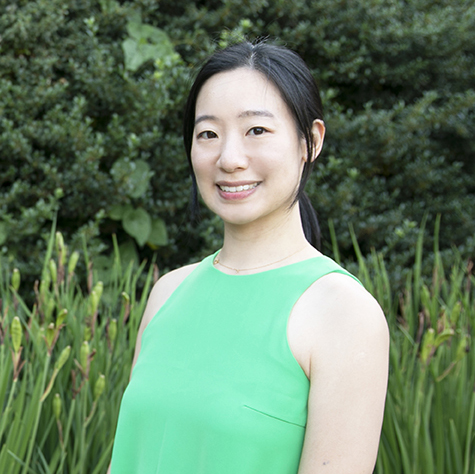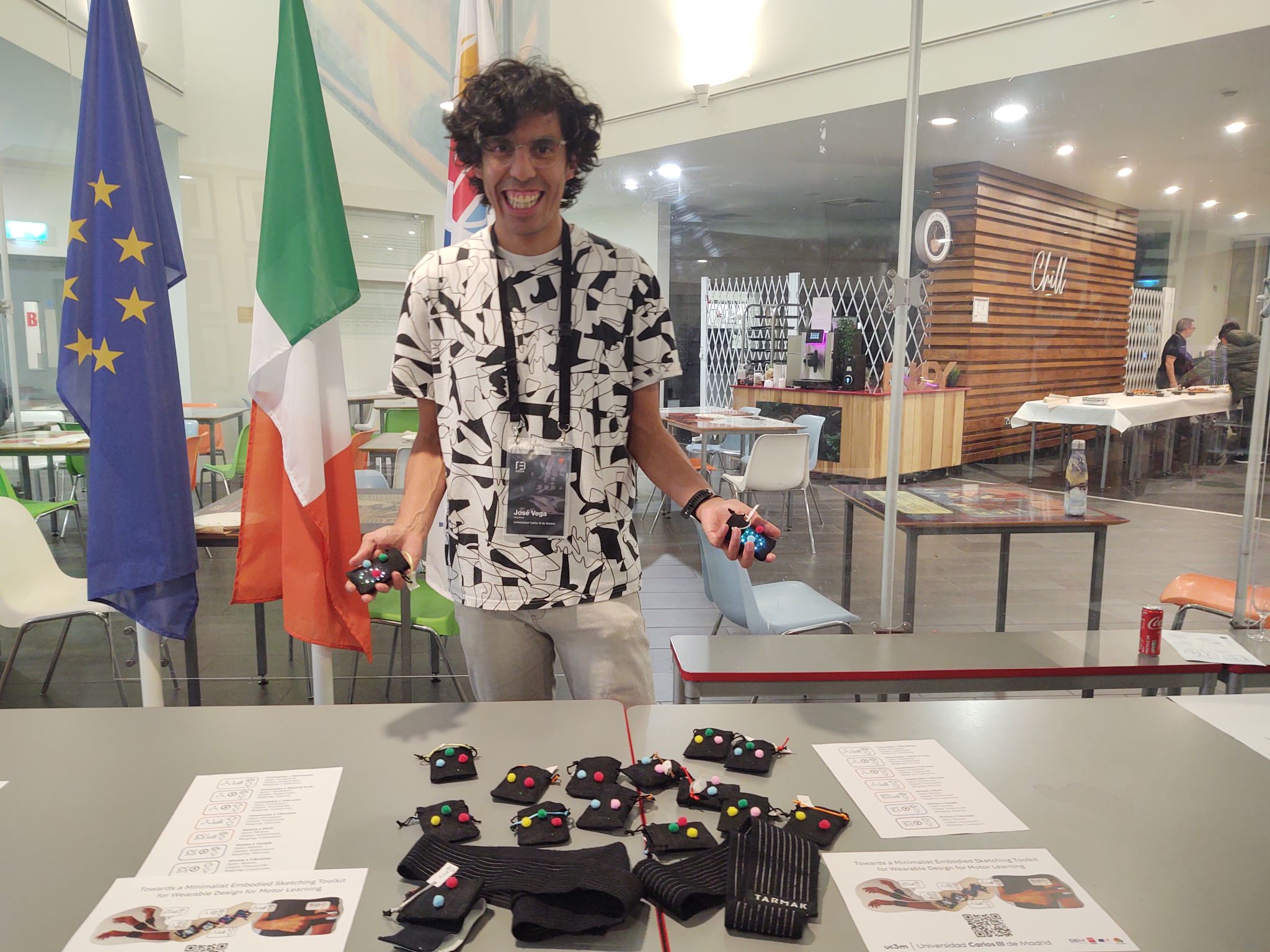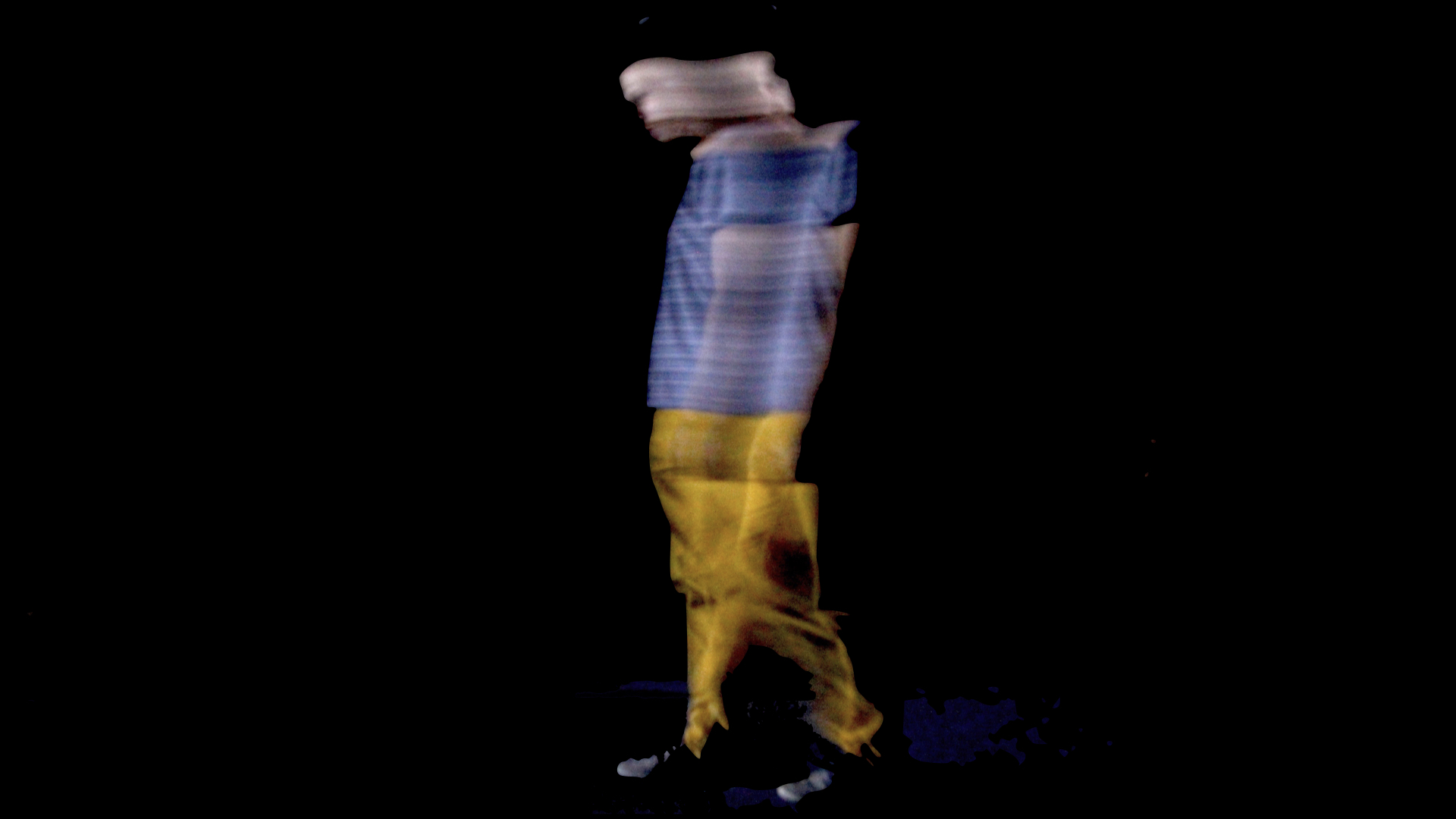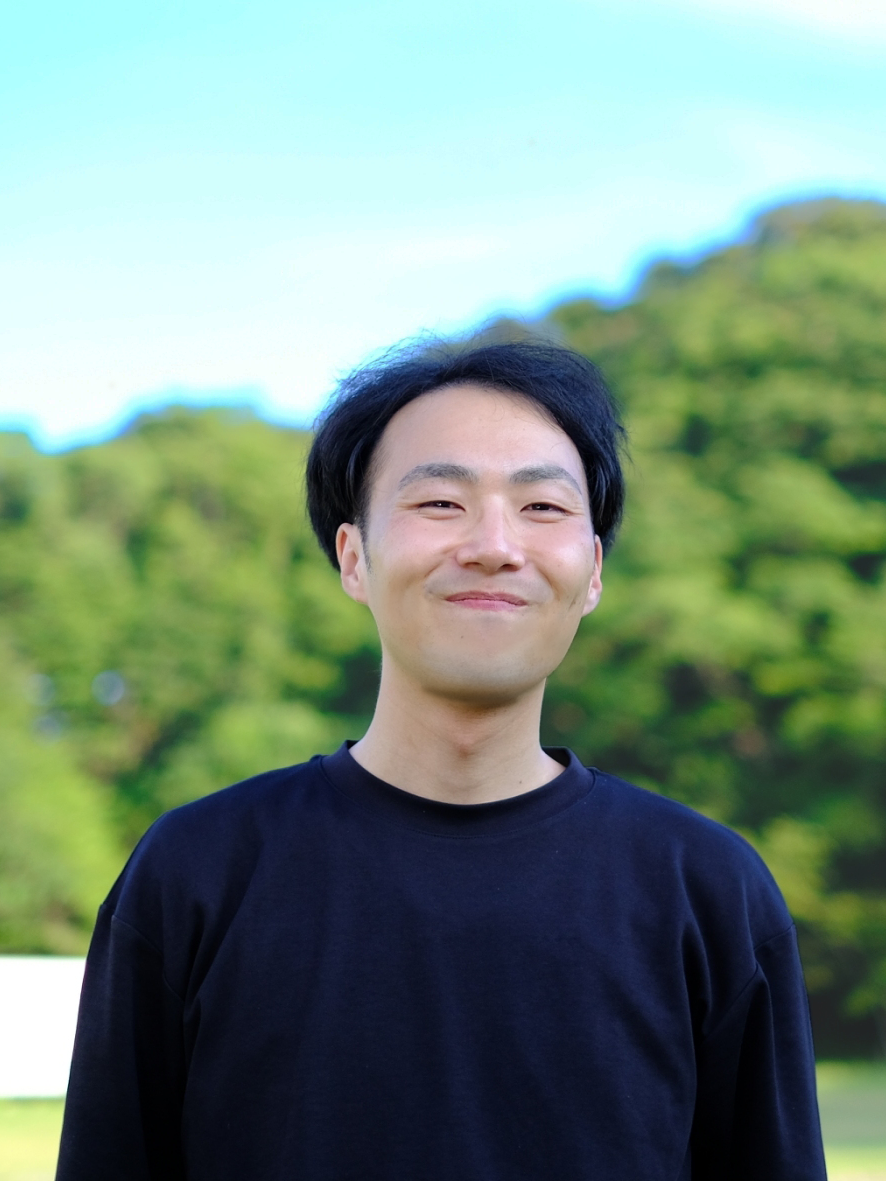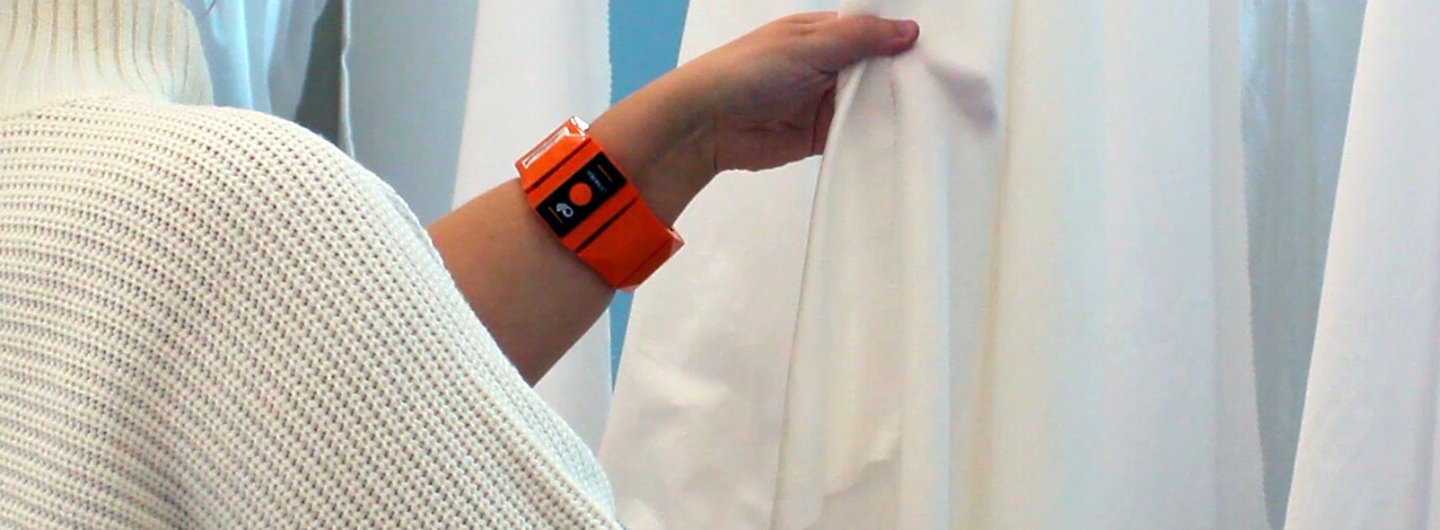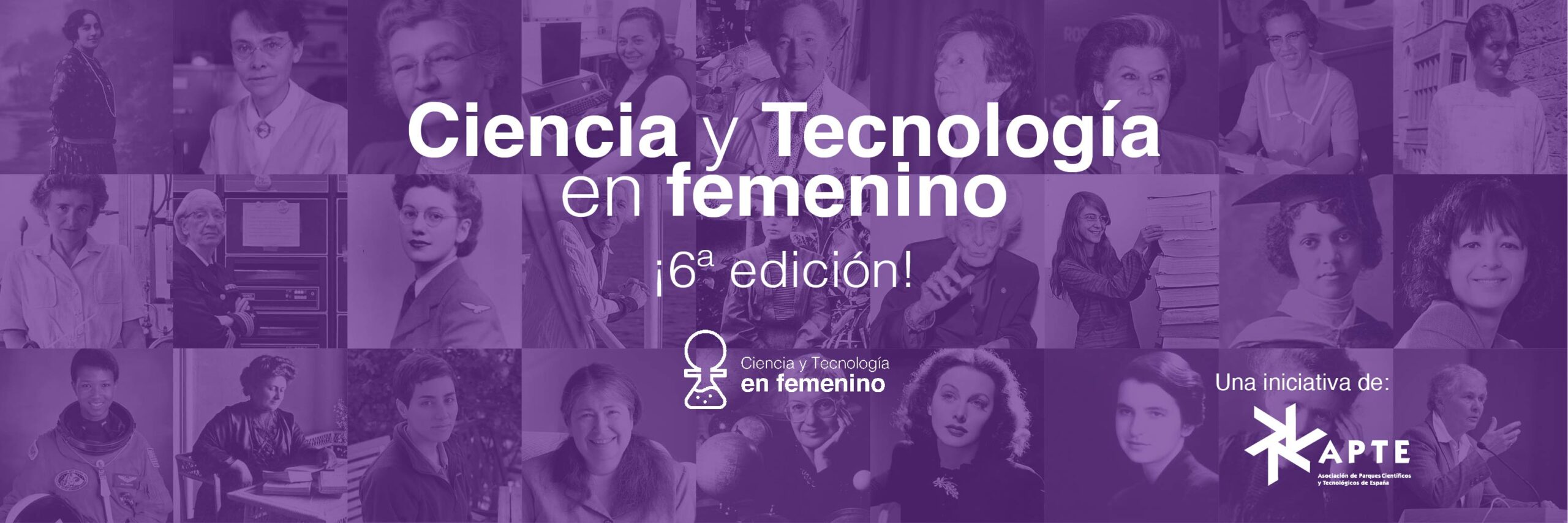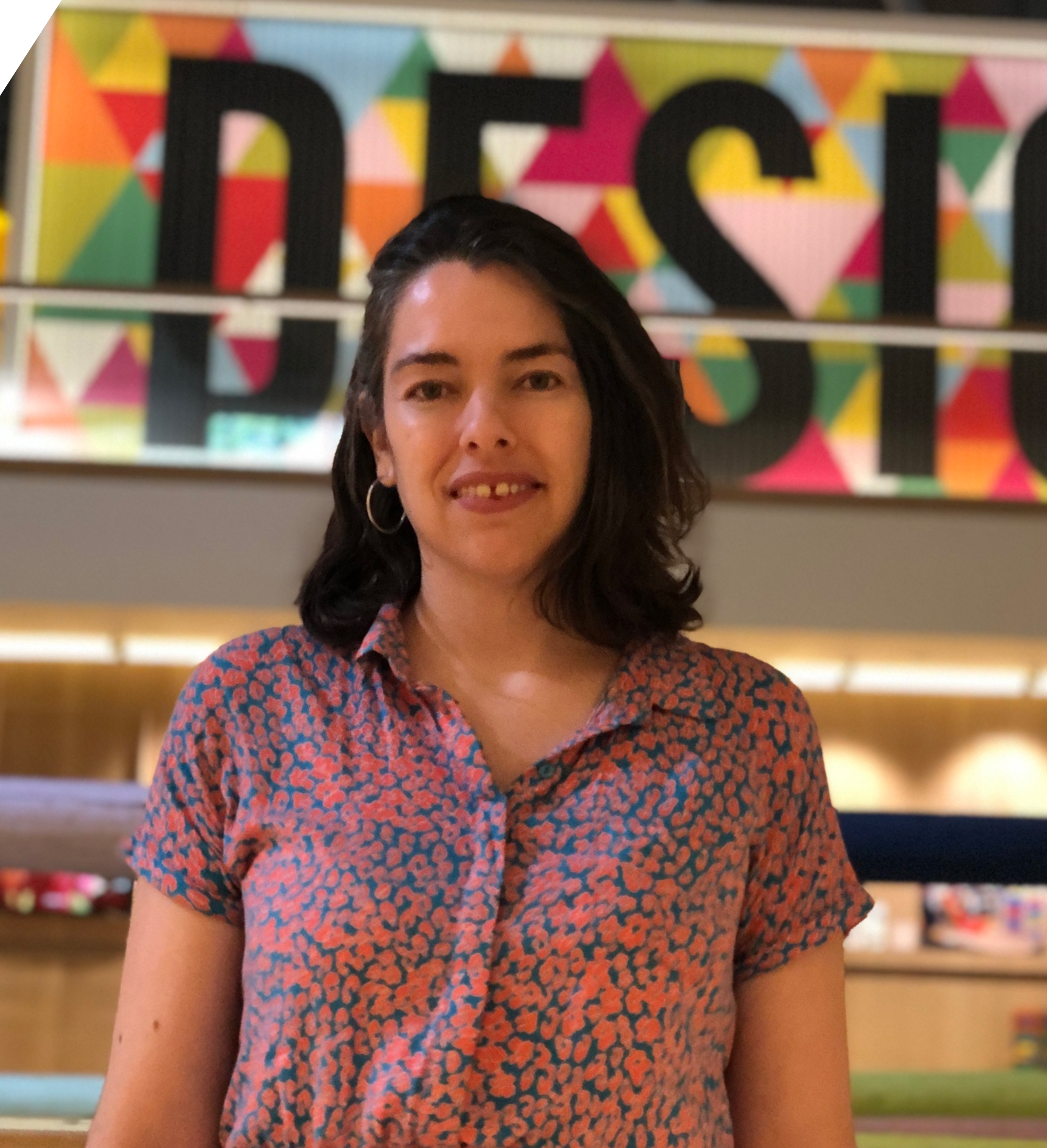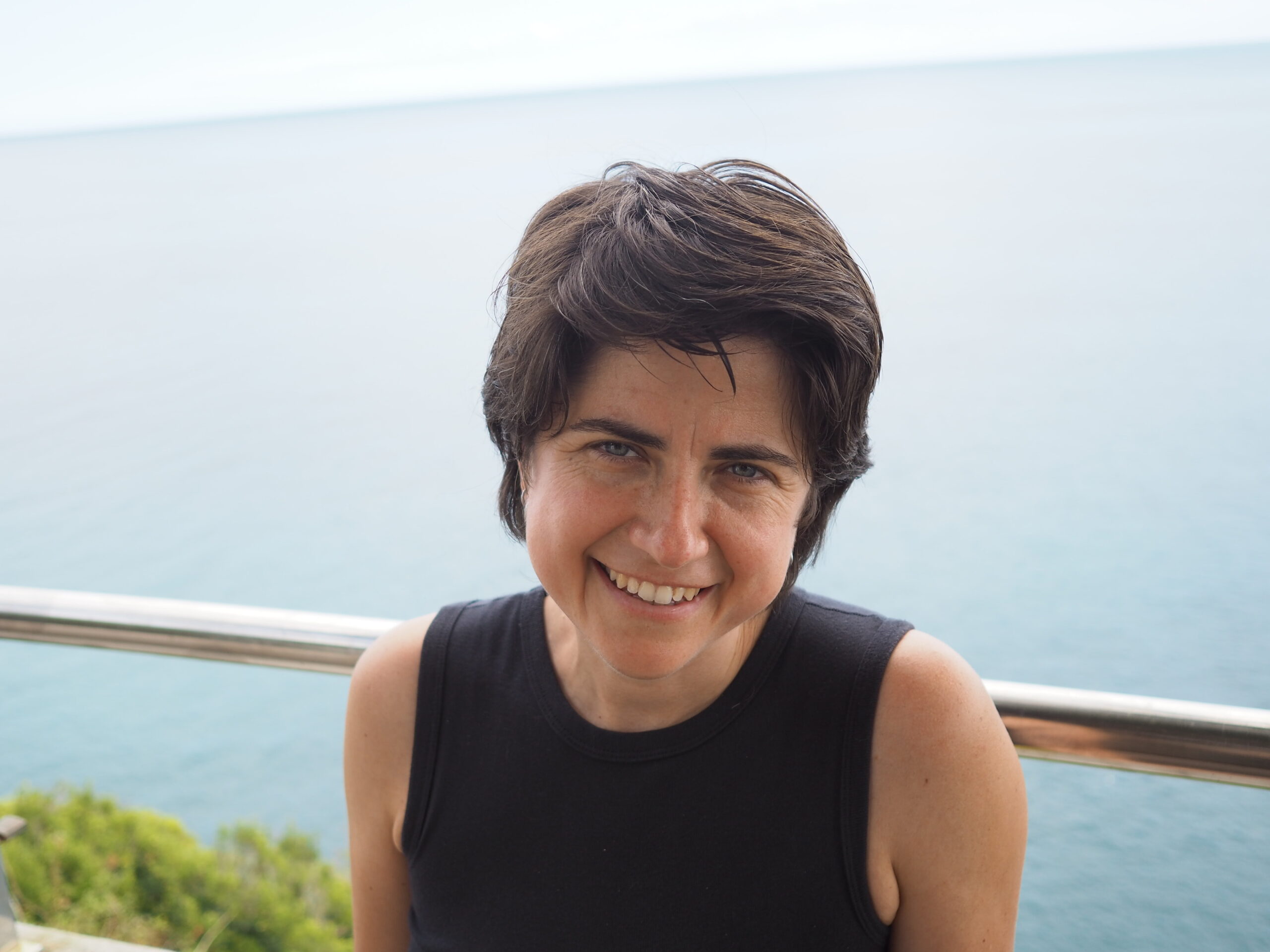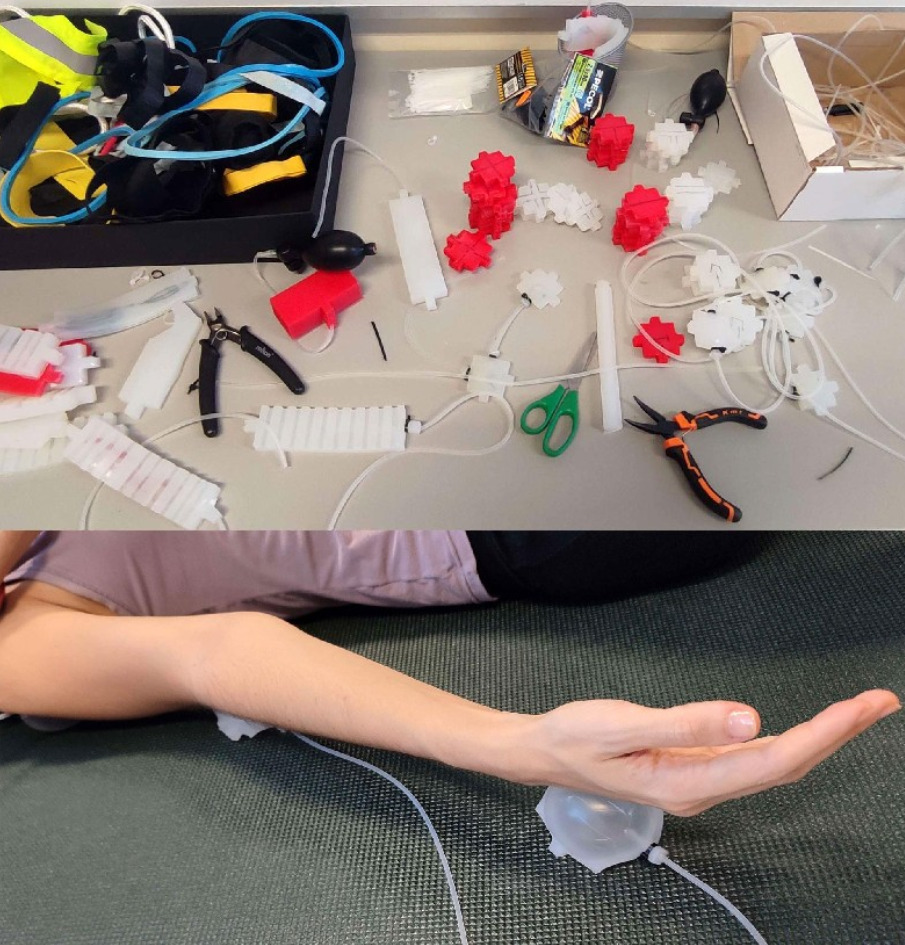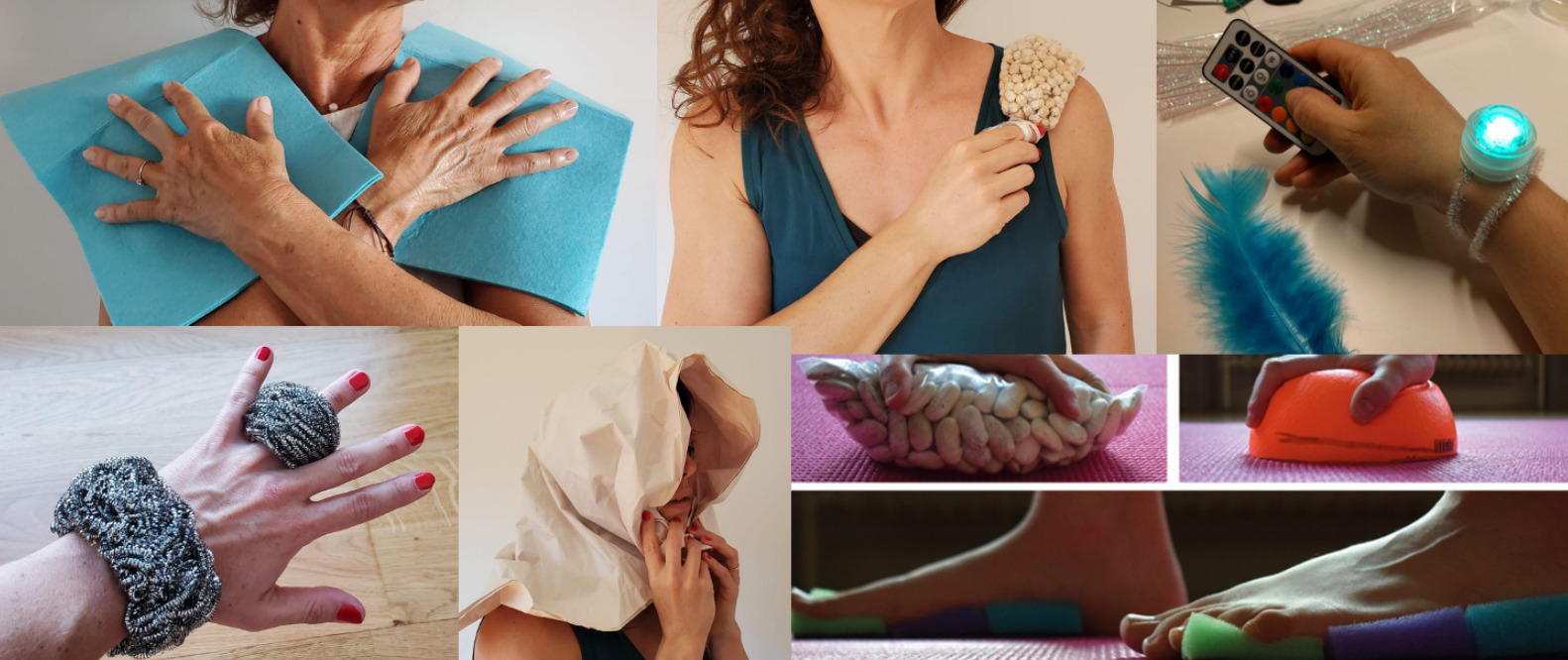Feeling and Perceiving with New Sensory Languages, Yeseul Song, Assistant Arts Professor at New York University Tisch School of the Arts’ Interactive Telecommunications Program / Interactive Media Art
Date: April 24th, 2024, 16:00h UTC+2
Speaker: Yeseul Song, Assistant Arts Professor at NYU ITP/IMA (New York University Tisch School of the Arts’ Interactive Telecommunications Program / Interactive Media Arts)
Title: Feeling and Perceiving with New Sensory Languages
Abstract:
Can you trust something that you can’t see? When an object does not have a form but is perceivable, does that object “exist”? How can we collectively perceive something that exists in-between our bodies?
The current technoculture relies heavily on vision, and the dominance has become even stronger with the advent of screen-based digital technologies. On the other hand, our vision is limited—sighted humans can only see a sliver of the whole electromagnetic spectrum (wavelengths from about 390 to 700 nm) and most of the waves around us including radio waves, microwaves, X-rays, and “energy” are completely invisible to the human eye. What are we missing when seeing becomes our foremost sense in how we are perceiving the world
Since 2018, Yeseul Song has been studying the negative space of visual senses and creating artistic non-visual sensory languages that are imaginative and accessible. Based on her research on technology and perception, she has created interactive artwork that inspired people from all over the world. To name a couple, Invisible Sculptures (2018-2021) is a series of sculptures that can be “seen” through senses other than vision. Two Subtle Bodies (2022) is an interactive auditory experience where two strangers experience each other’s peripersonal space through the sound. In this talk, she will share her artistic research in hybrid and alternative ways of feeling and perceiving.
Participation in TEI’24
José Vega-Cebrián participated in the Eighteenth International Conference on Tangible, Embedded, and Embodied Interaction (TEI ’24), in Cork, Ireland (February 11-14) with a demo and
Both sides of the mirror, the self as other and the other as a self, Marte Roel Lesur Universidad Carlos III de Madrid
Date: 14/02/24, 15:00
Speaker: Marte Roel Lesur, Universidad Carlos III de Madrid
Title: Both sides of the mirror, the self as other and the other as a self
Abstract: In a medieval fable, the sun goes on a journey to find its source. The moon is left weeping without her lover’s warm gaze. The sun’s identity, devotedly offered in the mirror of moonlight, is sought elsewhere. Indeed mirrors, once among alchemists’ best guarded secrets, have carried powerful capacities since antiquity. One’s reflection is a window into how others perceive us: a rupture between ourselves as subject and object of experience. In this survey, mirrors become an allegory for the complexities of selfhood. From the lenses of psychology, neuroscience, art, and technology, the multisensory dimensions of the internal, the external, and the mutual, are delved into. From obsidian relics to dark magic algorithms capturing one’s essence to render immersive mirages, we will take a walk into the obscure space beyond our reflection.
Does voluntary auditory spatial attention exist in depth plane?, Kiichi Naka,Institute of Industrial Science, the University of Tokyo, Japan
Date: 29 January 2024
Speaker: Kiichi Naka,Institute of Industrial Science, the University of Tokyo, Japan
Title: Does voluntary auditory spatial attention exist in depth plane?
Abstract:
We hear our surroundings in everyday life. From the surroundings where various sounds are, we voluntarily control selective attention to sounds, that is endogenous auditory spatial attention, to achieve our current goals. Many researchers have reported nature of endogenous auditory spatial attention in a horizontal plane, however, there is little research focusing on a depth plane in endogenous auditory spatial attention.
In this seminar, I mainly discuss the existence of endogenous auditory spatial attention in the depth plane. I show an experimental result that indicates we can control auditory spatial attention in the depth plane. Moreover, the potential for the application of auditory spatial attention characteristics in the depth plane is mentioned.
Body x Materials @ CHI: Exploring the intersections of body and materiality in a full-day workshop
We published a blog post on ACM Interactions about our Body x Materials workshop at CHI 2023: Body x Materials @ CHI: Exploring the intersections of body and materiality in a full-day workshop!
Ciencia y Tecnología en Femenino: Round Table
Ana Tajadura-Jiménez participated in the 6th conference Ciencia y Tecnología en Femenino (Women’s Science and Technology) as part of the roundtable discussion about Realities and
Perception of extra body parts & body part weight. Denise Cadete, PhD student at the Body Representation Lab, Birkbeck University of London
Date: 22 November 2023
Speaker: Denise Cadete, PhD student at the Body Representation Lab, Birkbeck University of London
Title: Perception of extra body parts & body part weight
Abstract: In everyday life, we have a constant and reliable experience of our own bodies. However, the perception of our body can be instantly altered using multisensory illusions or Virtual Reality. This flexibility is not restricted to the human body configuration, with recent studies showing we can also feel extra body parts. In the first part of the presentation, I will present the six finger illusion and what our findings tell us about how supernumerary body parts are represented in the brain. We will make a case for the independence and flexibility of how we represent extra body parts, also aiming to determine what are its limits.
In the second part, I will introduce our studies looking into how we perceive the weight of body parts. Perception of object’s weight has been studied for over a century, however little is known about weight perception of body parts. A recent study of our lab showed that we systematically and dramatically underestimate hand weight by 49% (Ferrè et al., 2023), an effect we called weightedness, for how light we experience body parts, on Earth. We further investigated how perceived hand size changed felt hand weight, and in another study we looked at perceived hand volume. We will propose a model of constant density in the perception of body part weight.
The Gender Perspective in Tech Research, Lídia Arroyo Prieto, Gender and ICT Research Group, Universitat Oberta de Catalunya (UOC)
Date: 25 October 2023
Speaker: Lídia Arroyo Prieto, Gender and ICT Research Group, Universitat Oberta de Catalunya (UOC)
Title: The Gender Perspective in Tech Research
Abstract: The seminar have the goal to introduce the key issues on the incorporation of the gender perspective in tech research. It is also an invitation to the interdisciplinar dialogue between social science and technological and nature science.
Biography:
Lídia Arroyo is a researcher at Gender and ICT Research Group (Internet Interdisciplinary Institute- Open University of Catalonia) and she is also an Associate Professor at Autonomous University of Barcelona (UAB). She is the Principal Researcher of the project “Open Data Portal & Research on the incidence of occupational segregation on COVID-19 prevalence from a gender gender intersectional approach”. and she has coordinated the transnational study “Skills and Organizational Elements for Social Digital Inovation” from +RESILIENT project. She is also involved as a researcher in European projects on gender and science (GenPORT, ACT, EFFORTI). She has been a visiting research fellow at Área de Género, Sociedad y Políticas (FLACSO-Argentina) and the Fondation Travail-Univeristé (FTU-Namur)- Unversity of Namur (Belgium). Her researches, based on mixed methods, focus on gender, work and ICT and prevention of gender violence in young people. In 2011, she was awarded the Young Sociologist Prize from the Associació Catalana de Sociologia- Institut d’Estudis Catalans. Currently, she is the representative of data group of the Gender Equality Observatory (Generalitat de Catalunya). Community Manager of the following EU Projects GenPORT (https://twitter.com/GenderPORTal), ACT (https://twitter.com/ACTonGender) and CASPER (https://twitter.com/CasperGender).
Semana de la Ciencia 2023: Muévete como un cíborg! Hackea tu cuerpo con tecnología sensorial vestible
¿Te gustaría probar y entender cómo se pueden diseñar nuevas tecnologías que cambien tu forma de moverte? ¿O que cambien la percepción de tu cuerpo
Semana de la Ciencia 2023: Fomentando la Creatividad y Diseño con Tecnología y Materiales Cotidianos
Taller impartido por José Manuel Vega Cebrián, Elena Márquez Segura, Ana Tajadura Jiménez, Joaquín Díaz Durán y Judith Ley Flores, investigadoras del Dpto. de Informática

